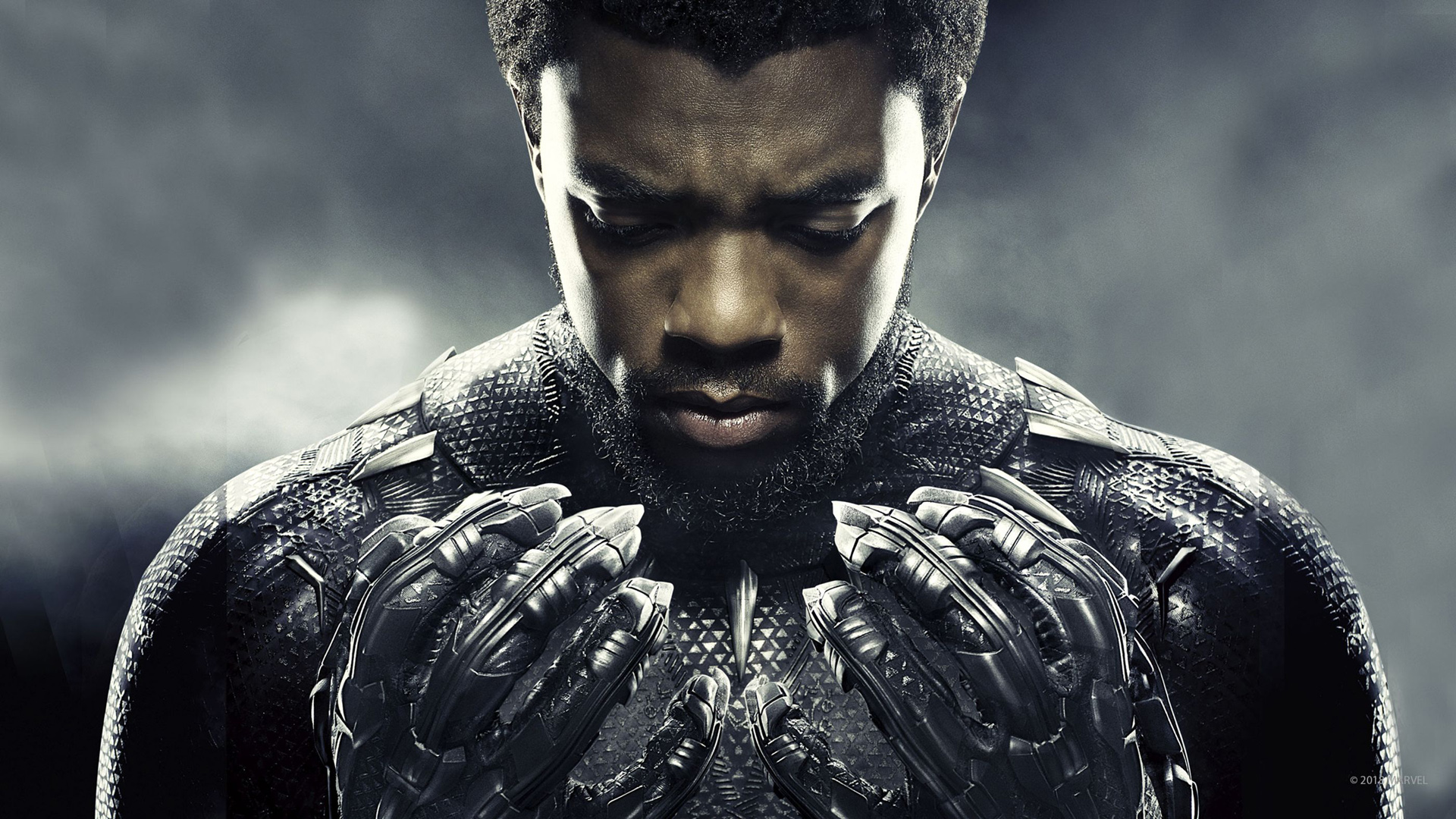
Black Panther is one of those seminal movies that define a film franchise. At the time of release, it was a major critical and commercial success for Marvel Studios, laid a marker for the wider representation we’ve seen since the Multiverse Saga began, and earned Marvel its first Best Picture Oscar nomination.
Yet, for reasons outside of its control, Black Panther’s status as a top-tier Marvel movie has dwindled since its 2018 release. It’s still viewed as a good movie – its 79% Rotten Tomatoes and 7.3 out of 10 IMDb audience scores reflect as much – but, in some quarters, it’s no longer considered to be a gold standard superhero film.
Review aggregation websites like Rotten Tomatoes aren’t representative of Marvel’s global fanbase, but they provide a fascinating insight into how MCU movies and Disney Plus shows are largely viewed. Of Marvel’s 29 movies to date, though, Black Panther is arguably the most misjudged. In fact, it’s a far more thematically dense and moving piece of cinema than most fans remember.
It's hard for a good man to be king
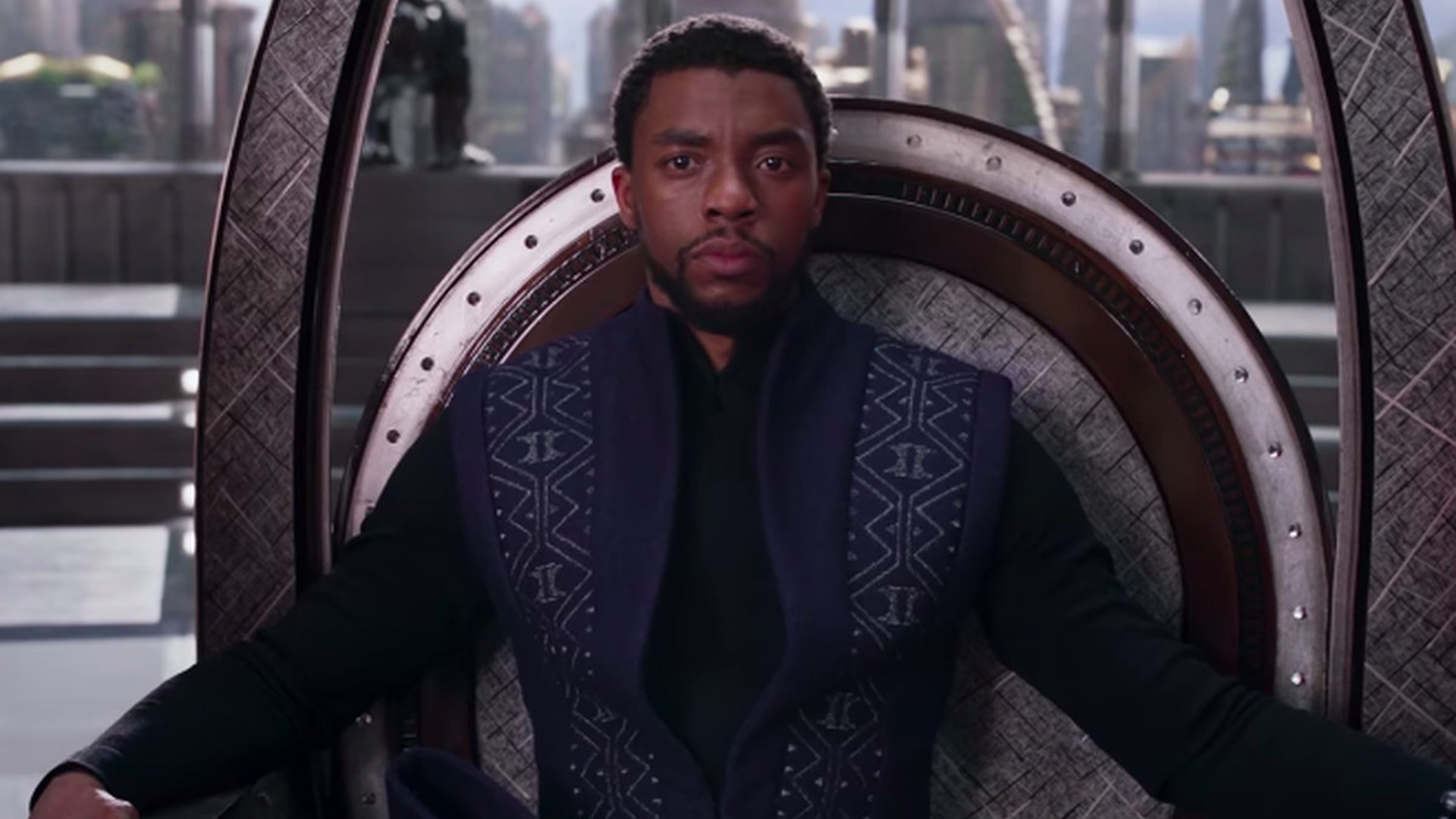
Black Panther didn’t push the boundaries of, or even reinvent, the Marvel movie template. Every Marvel Cinematic Universe (MCU) film preceding Black Panther blended crowd-pleasing humor, frenetic CGI-laden action sequences, and narratively followed Joseph Campbell’s popularized monomyth formula to a tee. In those regards, Black Panther is also pretty formulaic; a film following a hero as he officially embarks on his MCU journey, laced with amusing moments, and wildly entertaining fight sequences.
Where Black Panther shines, though, is with its multifaceted characters and thematic exploration of real-world (and at times difficult) subject matter.
There’s a pleasing richness to the movie’s major players, Michael B Jordan’s villainous Killmonger included. The MCU’s early years were dominated by archetypal, one-dimensional antagonists who, Loki aside, never truly captured viewers’ imaginations. With his character complexities and understandable ideology – even with the latter rooted in depravity – Killmonger revitalized how we view the MCU’s rogues gallery. His arrival paved the way for other tragic and complicated villains, including Thanos, Gorr, Xu Wenwu, and even Scarlet Witch (the latter trio featuring in Marvel's Phase 4 slate) enabling them to further revise how Marvel’s most famous nemeses are adapted from the comic giant’s source material for the big and small screens.
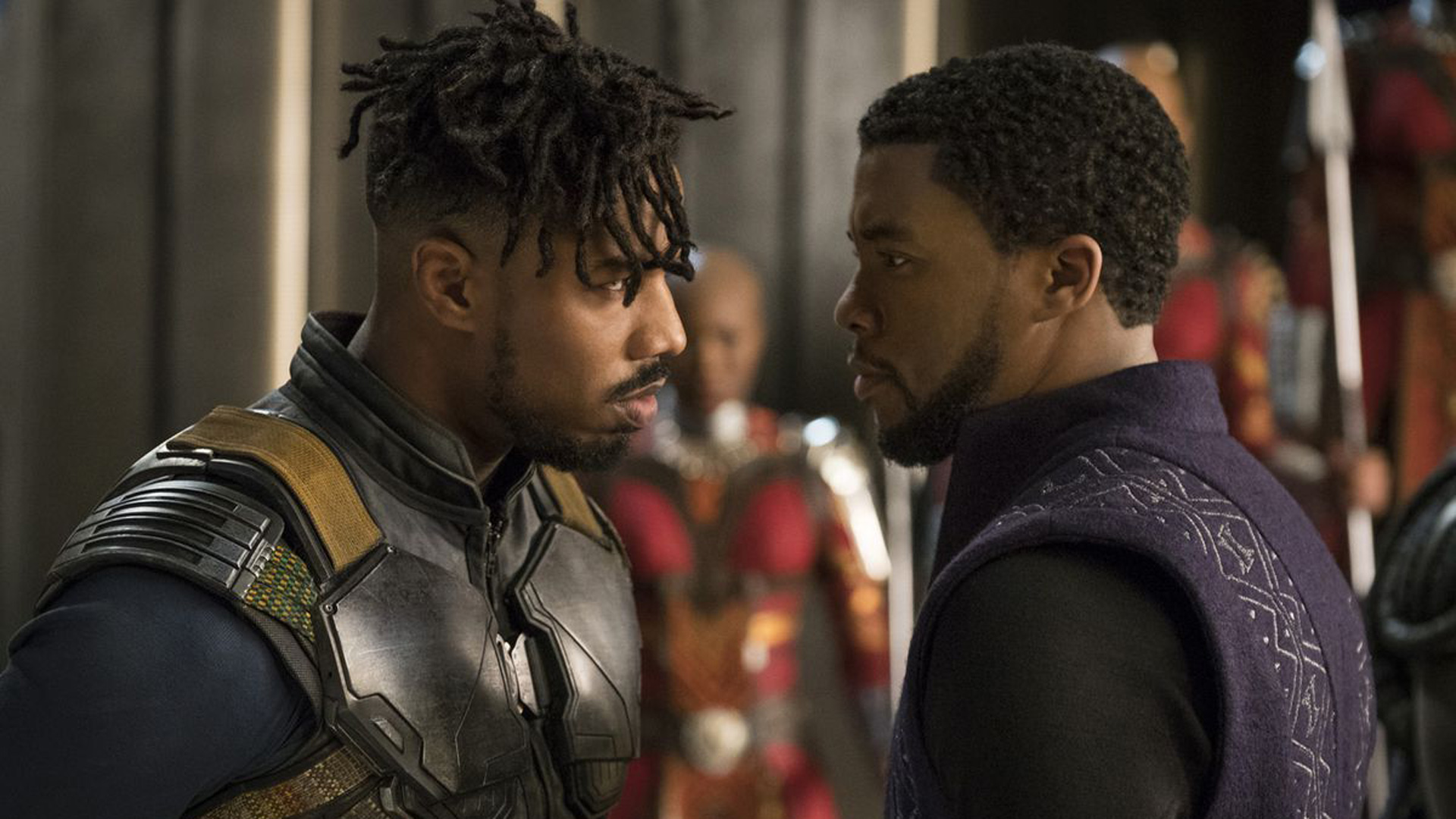
The late Chadwick Boseman’s T’Challa is equally flawed. Black Panther’s titular character possesses a morality and humility akin to Captain America but, unlike the shield-wielding supersoldier who has greatness thrust upon him by circumstance, T’Challa was born into greatness. The death of his father T’Chaka, former Black Panther and king of Wakanda, in Captain America: Civil War sees T’Challa crowned as his country’s new monarch in Black Panther and, with it, bear the weight of leading his nation through a period of rapid global change.
Get daily insight, inspiration and deals in your inbox
Sign up for breaking news, reviews, opinion, top tech deals, and more.
Black Panther is a far more thematically dense and moving piece of cinema than most fans remember
That responsibility is the primary thematic thread that runs through the film. In its simplest form, it’s the story of a man (albeit a superpowered individual) who wrestles with how to keep his kingdom and his people safe. Is it best to remain hidden from the world or open Wakanda’s borders and become a key component in earth’s globalization? The implications of T’Challa’s eventual decision to officially reveal Wakanda to the world not only plays a significant role in how Avengers: Infinity War and Avengers: Endgame play out, but also how its sequel – Wakanda Forever – will be handled narratively.
T’Challa’s decision-making – albeit honorable – is questionable throughout Black Panther; none more so when he naively agrees to fight Killmonger in ritual combat for Wakanda’s throne. It’s a choice that almost costs his life and further cements the flaws at the heart of this character. As T’Chaka tells his son in their first Ancestral Plane reunion in 2018’s Black Panther: “You’re a good man with a good heart. But it’s hard for a good man to be king”. T’Challa is accountable for the decisions he makes and never shies away from them before he becomes king. The difference between being Wakanda’s prince and its ruler, however, is that the choices he makes affect everyone. Most audience members can’t relate to leading a nation, through troubling times or otherwise, but many will recognize the impact of making rash decisions on those around them, hence the thematic resonance we feel whenever we stream Black Panther’s first solo outing.
Fathers and sons
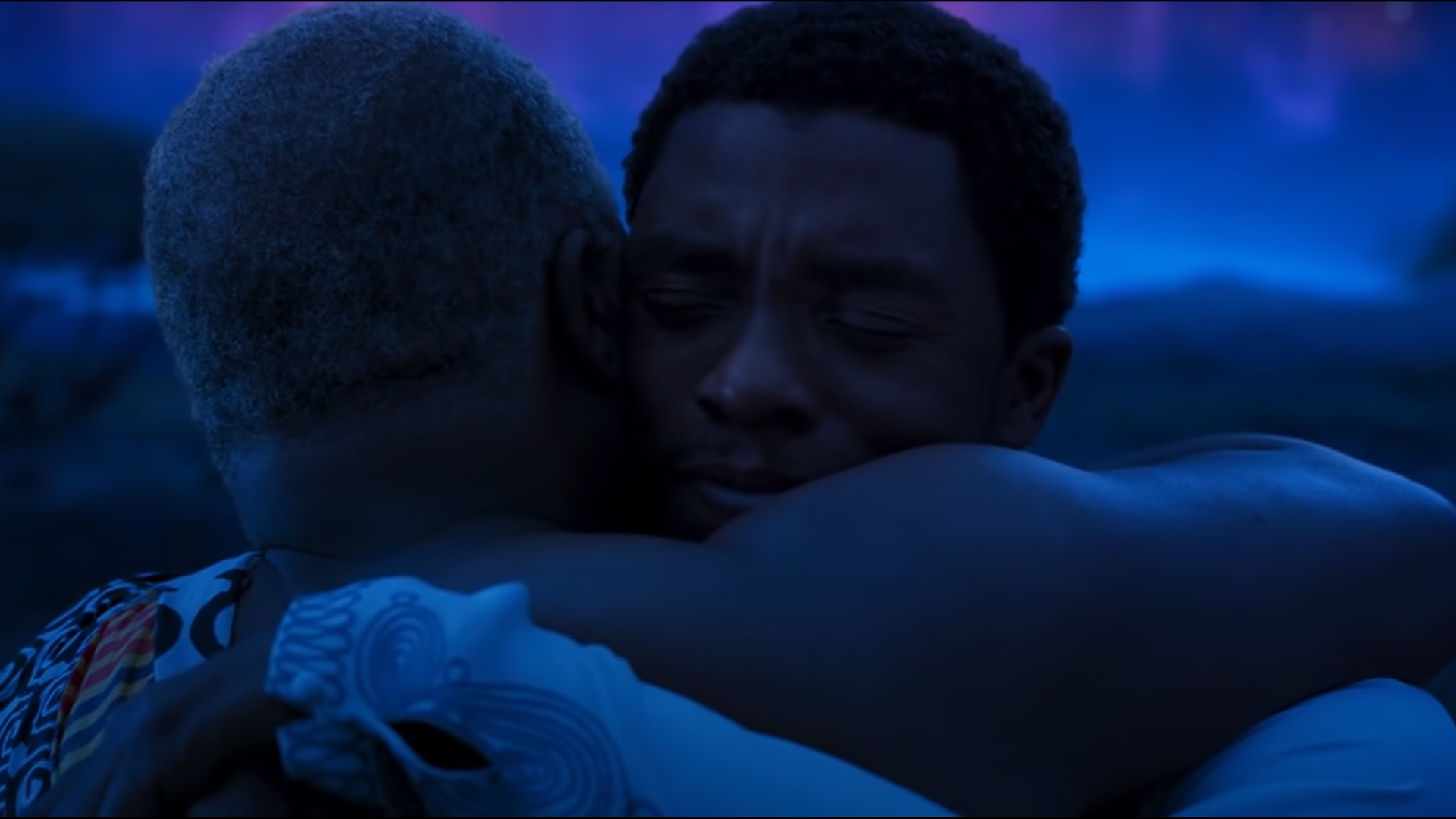
It’s also the dichotomous relationship between T’Challa and Killmonger that makes their Black Panther arcs so captivating. They juxtapose one another in compelling fashion; characters with polarizing world views but who are cut from the same cloth. T’Challa and Killmonger are descendants of Wakandan royal blood – Killmonger is T’Challa’s cousin, after all – which adds a nuanced Shakespearean tragedy-esque flavor to their dynamic.
The duo’s fraught connection is typified by the film’s overall examination of paternal relationships and intrafamilial conflict. Black Panther navigates T’Challa and T’Chaka’s father-son bond with aplomb, reframing their dynamic as T’Challa learns of his father’s failures, including T’Chaka killing his own brother N’Jobu (aka Killmonger’s dad) to save Zuri’s life, and leaving Killmonger fatherless and alone when T’Chaka decides not to bring him back to Wakanda. Such oversights force T’Challa to reevaluate his relationship with his father, training a lens on how sons inevitably stop hero-worshipping their dads as they grow up.
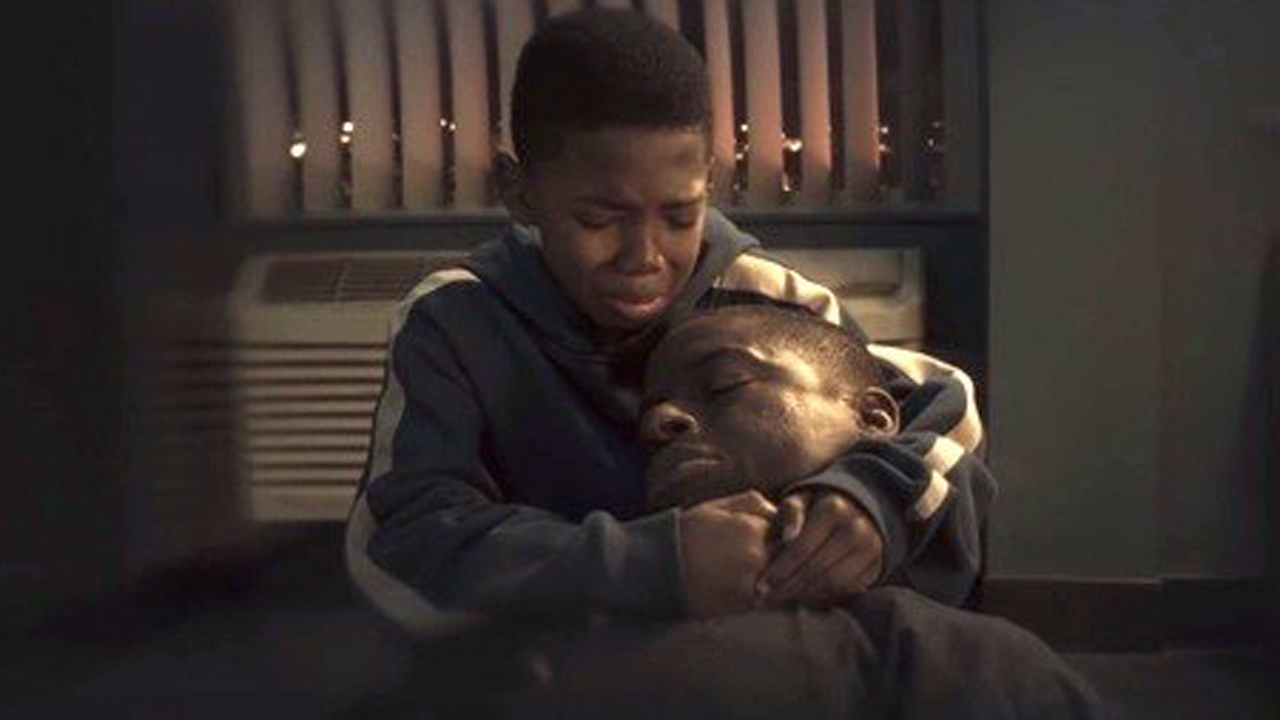
By contrast, Killmonger’s lack of a father figure is the narrative thread that sets him on his quest for vengeance. Sure, N’Jobu had been radicalized by outside forces and was sharing Wakanda’s vibranium and advanced weaponry with oppressed communities. As such, his influence might have led Killmonger down a dark path if N’Jobu had lived, but we’ll never know. Even so, Killmonger’s journey is defined by revenge, racial injustice, and being close-minded – the last of those traits he surprisingly shares with T’Chaka, who refused to accept N’Jobu’s argument that, even with his motives in the wrong place, it was time for Wakanda to stop turning its back on the world.
These patriarchal fault lines are symptomatic of the wider problems Wakanda faced in Infinity War and Endgame, and will face in Wakanda Forever and beyond. Okay, the topic of daddy issues isn’t novel to the MCU – Iron Man, Thor, and Guardians of the Galaxy have notoriously explored this subject. But Black Panther approached it with a sensitivity and tenderness that’s lacking in its film franchise cousins, and that subsequently makes it more emotionally impactful. Wakanda Forever’s narrative is positioned in sharp contrast to its predecessor with its maternal thematic leanings, so it’ll be interesting to see how Marvel’s two Black Panther movies compare when Wakanda Forever arrives in theaters.
In my culture, death is not the end
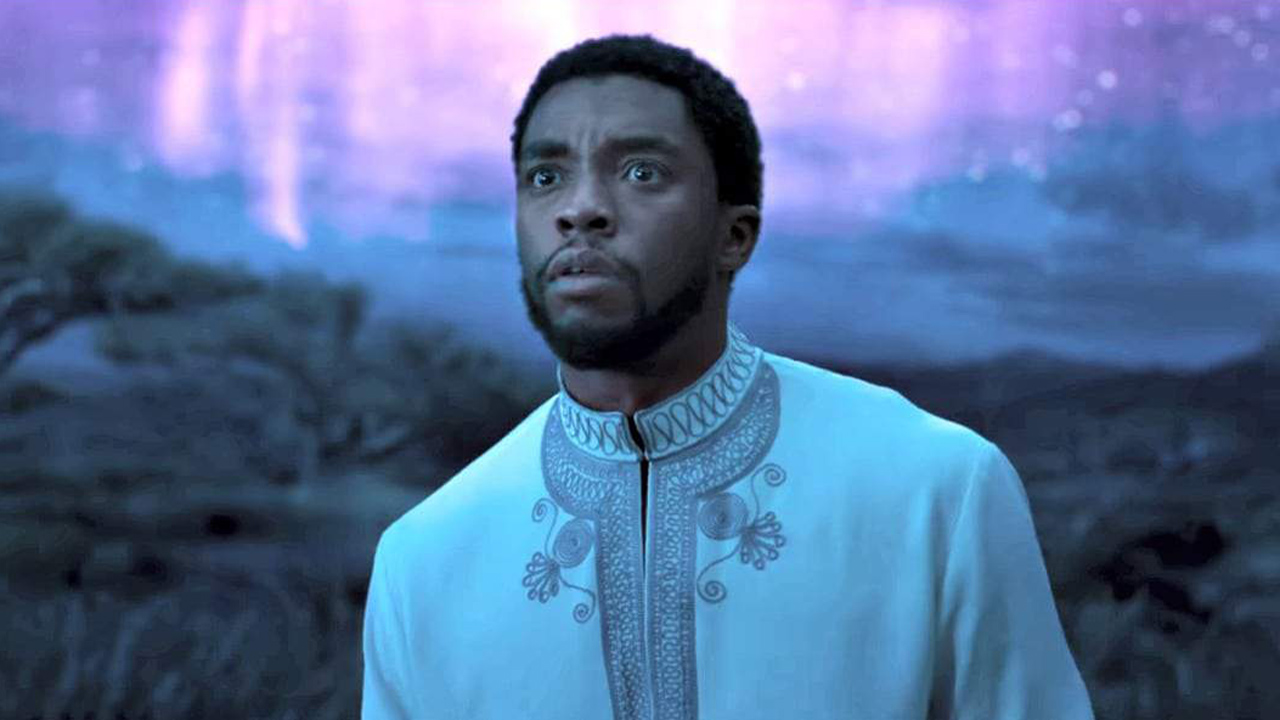
Understandably, Boseman’s death in August 2020 after a private four-year battle with colon cancer makes revisiting 2018’s Black Panther all the more poignant.
In keeping with the film’s paternal theme, Boseman was the symbolic father of Marvel’s first Black-led superhero movie. In the lead-up to the release of both Black Panther films, the franchise’s cast and crew regularly attribute the films’ biggest creative decisions, success, and enduring legacy to Boseman. It was also the Golden Globe winner who led the way in all aspects of production. Boseman became the first individual to join the project in October 2014, helped shape its story alongside co-writers Joe Cole and Ryan Coogler (the latter of whom also directed the 2018 movie), and positively seized the opportunity to deliver an authentic take on Black communities, and African cultures and traditions, that African-Americans could be proud of.
The care taken during each phase of Black Panther’s development, its celebration of Black excellence, and the MCU’s unrelenting popularity all helped the film to achieve unprecedented box office success. But it wouldn’t have been possible without Boseman’s leadership, charisma, and dignity that catapulted Black Panther into the cultural zeitgeist. Boseman possessed the unique ability to command a room, all the while being wholly approachable. Having interviewed Boseman for another of his films – 21 Bridges – during my freelance days, I can attest to his humbleness, wittiness, and desire to elevate those around him. It was a huge shock when I learned of his passing and those Black Panther Ancestral Plane scenes definitely hit harder with every rewatch following his death.
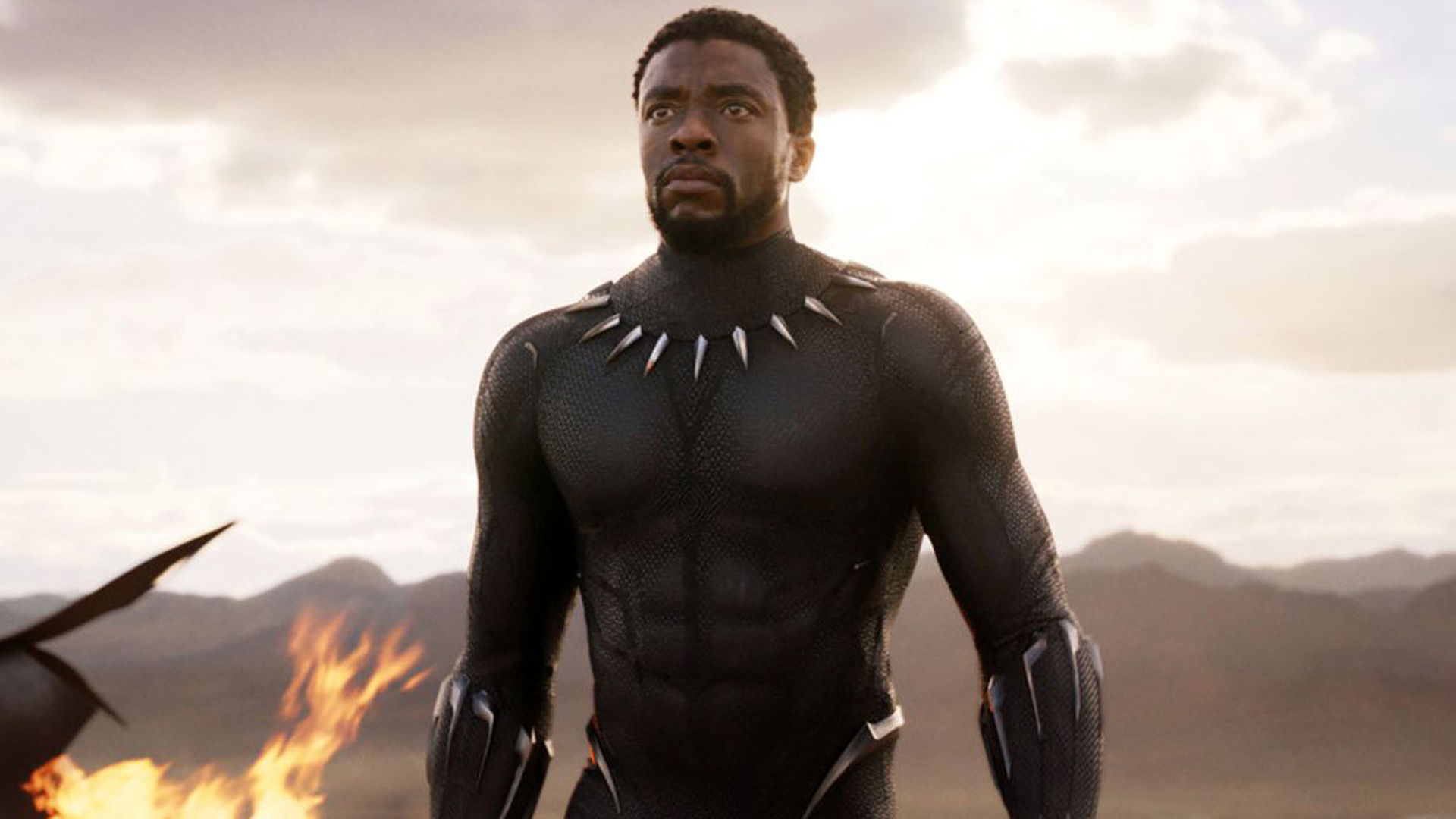
As one of – if not Boseman’s most – defining career performances, it’s a huge shame that Black Panther isn’t regarded more highly. Black Panther sits 23rd out of 48 in IMDB’s rankings of every Marvel Cinematic Universe (MCU) project, including Sony’s Spider-Man spin-off flicks, Netflix’s Marvel TV offerings, and other semi-canonical properties like Agent Carter. On Rotten Tomatoes, only four Marvel movies – Thor: Love and Thunder, The Incredible Hulk, Iron Man 2, and Captain Marvel – have worse audience scores than Black Panther.
The duo’s fraught connection is typified by the film’s overall examination of paternal relationships and intrafamilial conflict
In light of other big box office MCU hits, such as Avengers 3 and 4, and Spider-Man: No Way Home, Black Panther isn’t the best Marvel movie of all time. However, it deserves far more than it’s given credit for. It’s a culturally significant movie; one that allows kids from Black communities (and other underrepresented groups) to dream of becoming a superhero, or just simply saving the world by any means necessary. It’s a Marvel flick that’s been largely responsible for greater inclusivity and representation in more recent MCU projects, revels in the joy of Black tradition and heritage, and shines a light on thematically resonant content that can be overlooked in tentpole Hollywood productions. It’s also genuinely great fun, too, even with its corny humor, at-times janky dialog, and a climactic battle that doesn't do justice to the story Black Panther tells.
“In my culture, death is not the end”, T’Challa says to Black Widow in Captain America: Civil War – and that’s certainly the case. Boseman is no longer with us, but his Marvel legacy lives on. He decided the kind of king he wanted to be, and he (alongside everyone else involved) poured every sinew of that into making Black Panther an emotionally wrought, thrillingly entertaining, and awe-inspiring MCU film. It’s this, and so much more, that makes Black Panther a first-class Marvel movie, and I won’t be told otherwise.
For more Black Panther-based content, read our spoiler-free Black Panther: Wakanda Forever review.
Black Panther is available to stream on Disney Plus right now.
As TechRadar's senior entertainment reporter, Tom covers all of the latest movies, TV shows, and streaming service news that you need to know about. You'll regularly find him writing about the Marvel Cinematic Universe, Star Wars, Netflix, Prime Video, Disney Plus, and many other topics of interest.
An NCTJ-accredited journalist, Tom also writes reviews, analytical articles, opinion pieces, and interview-led features on the biggest franchises, actors, directors and other industry leaders. You may see his quotes pop up in the odd official Marvel Studios video, too, such as this Moon Knight TV spot.
Away from work, Tom can be found checking out the latest video games, immersing himself in his favorite sporting pastime of football, reading the many unread books on his shelf, staying fit at the gym, and petting every dog he comes across. Got a scoop, interesting story, or an intriguing angle on the latest news in entertainment? Feel free to drop him a line.